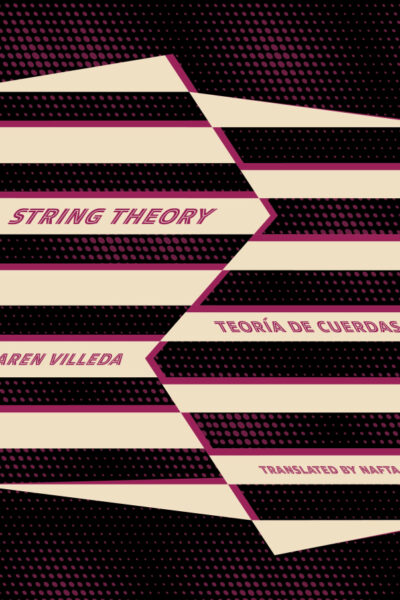Horror of Life: The Suicide Letters of Charles Baudelaire
From his early twenties till the day he died, Baudelaire felt himself to be bound in chains: he wriggled, spat venom, apologized halfheartedly, then did it all over again. This absurd cycle comes across so energetically, so convulsively, so predictably, that reading the letters sometimes feels like a spectator sport.
Tiang allows readers to build trust with Shuang as a Dongbei-raised, Beijing-based writer who tells heart-felt stories with abundant humor and little outwardly emotional display.
The book is organized around the person of Sinno’s stepfather. She renders his presence and domination as suffocating. I shudder to acknowledge: that is not a metaphor.
Apparent Breviary – Gastón Fernández
The breviary is “apparent” because the spaces on the page—the vacuum between words—is every bit as meaningful as the words themselves. For the poet, Gastón Fernández, words are only apparent. Real prayer happens in emptiness, in silence
A Fictional Inquiry – Daniele Del Giudice
In A FICTIONAL INQUIRY, representation is a matter of collecting loose ends and leaving them loose.
At times, it reads like a breathless impatience for the release of an orgasm: “Upon hearing the longed-for sound of the door after heaving my weight against it, I quickly put the key I’m already holding into the lock of my apartment and turn it, and once this second anticipated sound has been confirmed, I slip inside the door.”
Goat Song – Konstantin Vaginov
Exploiting the experience of others, Whistlin turns living people into hollow characters, artificial objects in both senses of the word.
Río Muerto – Ricardo Silva Romero
This choice—to speak or remain silent—is the hinge upon which Silva Romero’s RÍO MUERTO turns
The Arcana of Reproduction: Housewives, Prostitutes, Workers and Capital – Leopoldina Fortunati
In addition to being rigorous, Fortunati’s text is ruthless, stripping away every plank of Marx’s platform to show the underside of labor, the women’s work that wasn’t worth his noting.
Ambiguity in poetry is famously difficult to translate.











